Tribal Tattoos: 10 Design Ideas
08 June, 2023When picturing tribal tattoos, you may think of your favorite metal band or pro wrestler from the 1990s. But believe it or not, these tattoos, characterized by bold lines and traditional patterns, have been around for thousands of years! Tribal tattoos are likely the first form of tattooing, with a rich history and deeper meaning than you might expect.
Of course, anything goes in the world of modern tattooing, and the tribal tattoo style still holds strong. While these tattoos were once meant to indicate social status or warrior prestige, it’s now a matter of self-expression and enjoying tattoo art in general.
While we might think that the broad “tribal” umbrella is all-encompassing, there are actually many subcategories of tribal tattoo styles from cultures worldwide. In this article, we explore 10 tribal art tattoo types, their origins, meanings, and defining features.
1. Polynesian
Most of today’s most famous tribal tattoo designs take inspiration from traditional Polynesian body art. Polynesia includes Samoa, Tonga, the Cook Islands, Tuvalu, Tokelau, Niue, Wallis and Futuna, and French Polynesia, all between Hawaii and New Zealand.
You’ll instantly recognize the bold, intricate patterns of these tattoos, complete with elements like spirals, stacked squares, connected waves, and symmetrical layouts.
There’s no denying that these tattoos look cool, but in Polynesian culture, the meaning goes beyond the aesthetic appeal. Different designs in this art form represent family, rank, personal achievements, or a rite of passage for young people.
Traditional Samoan tools like shark teeth and bones are the authentic way to get a Polynesian tribal tattoo like this, but you may want to stick to modern techniques as a practical choice.
Because these tattoo designs are so widely appreciated and culturally significant, they top our list among the best tribal tattoos worldwide.
2. Maori
The indigenous people of New Zealand have tattoos similar to the many tribes of Polynesia, but there are a few key differences to keep in mind.
Firstly, the Maori style is characterized by more intricate, spiraling thin lines, avoiding more solid blocks of ink that you might find among other tribal styles. Additionally, Maori tattoos utilize blank space more effectively and play on the absence of ink to create shapes on the skin that would otherwise go unnoticed.
Finally, you’ll notice other designs incorporated into Maori tattoos that might be left out of other Polynesian styles. Dwayne “The Rock” Johnson, for example, has a large Maori-style tattoo featuring a sun face on his chest, while other tattoos include animal or nature symbolism.
3. Celtic
Celtic tribal ink can be quickly identified with elements like knotwork, crosses, spirals, animals, and natural components like trees, leaves, and other plant life. These designs originate from the ancient Celtic cultures of Europe, especially in Ireland, Scotland, and Wales.
Many Celtictribal tattoos also use intricate patterns and interwoven designs to connect larger elements like animals and crosses. The more you learn about Celtic mythology and its emphasis on the interconnectedness of life, the more you’ll appreciate these designs in their traditional and modern forms.
You’ll often find Celtictribal tattoos applied in large-format sleeves or chest pieces, but you can also opt for standalone designs that incorporate Celtic features without going all-out.
4. Norse
The Vikings were prominent in Europe for hundreds of years, and their myths still live on in our stories today. Part of that mythology is embodied in tribal tattoos, which draw from runes, deities, powerful creatures, objects, and symbols.
While many of the Norse images and figures are easily recognizable, it’s not as common to see a cohesive sleeve design that you may find in a Polynesian or Celtictribal tattoo. You’re likelier to see individual Norse symbols incorporated into a modern sleeve format or interwoven with Celtic designs.
This isn’t to detract from the magnificence of tribal Norse designs. In fact, it gives you more room to explore and innovate with new and old tattooing styles. From Thor’s Hammer to cryptic runes and fierce Vikings, you’ve got many options with Norse tribal ink.
5. Native American
Native American tattoos come from hundreds of different indigenous tribes, so if you want to represent a specific region or people, be sure to research the specifics. However, many Native American symbols are now considered universal, such as feathers, arrows, dream catchers, animal motifs, and more.
Wolves, eagles, and bears are some of the more common animal types represented in Native American tattoos, while others use geometric patterns that showcase harmony and balance. Many traditional tattoos also feature Native American chiefs, warriors, women, or spiritual leaders.
You may not find Native American symbols used in a sleeve tattoo format, so consult with your tattoo artist to create a standalone piece or build a patchwork effect with traditional symbols and features.
6. Aztec
Mesoamerican cultures like the Aztecs were known for creating stunning artwork that continues to be preserved in stone to this day. While we don’t know the extent of their artistic capabilities, many of these patterns live on in the form of tattooing.
Aztec designs often use complex geometric patterns and interlocking shapes like triangles, squares, and circles in a symmetrical configuration. Balance is extremely important in these designs, so think ahead when planning out a chest piece or sleeve for your arms or legs.
Also, consider adding animals, mythical figures, or sun and calendar symbols to your Aztec tattoo design. The feathered serpent Quetzalcoatl is a favorite that stands the test of time, while more common animal motifs include eagles, jaguars, birds, and more. Earthly elements like water, earth, and plants fit perfectly with any Aztec tattoo design.
7. African
With thousands of African tribes throughout history, it’s hard to pinpoint a particular style that translates to modern tattooing. However, we can find some commonalities among the many types of traditional artwork and make room for some contemporary influences.
For example, symbols like the Aya (fern), Ngwena (menacing crocodile), or the Twiga giraffe all make the list of popular African designs. The Duafe Andikra wooden comb is another favorite that originated from the Ashanti tribes.
In North African tribal tattoos, you’ll see more Arab and European influences in design, while Western and Southern tribes have distinctive regional styles worth noting as well. With so many artistic traditions at play on the continent, there’s no shortage of compelling African tribal designs to pick from.
8. Sacred Geometry
We might not know for sure where sacred geometry came from, but we know it’s not a new phenomenon. Some historians say these intricate patterns emerged from early mathematicians like Pythagoras, while others suggest influences from the Middle East and further into Asia.
There’s no mistaking a beautiful sacred geometry design when you see it. These tattoos are expertly crafted and applied with careful precision and balance. When matched with the unique musculature or your body shape, these designs can be highly personalized and typically age well.
Just remember that more detailed geometric tattoos with fine lines may fade without proper aftercare and sun protection. When getting one of these designs, be ready to maintain them carefully and get the occasional touch-up if needed.
9. Japanese
We don’t usually think of Japanese tattooing as a tribal style, but many of the same principles can be applied to this art form. Irezumi or Horimono tattoos offer a distinctive look associated with traditional Japanese art, emphasizing flow, composition, and familiar motifs.
You’ll encounter tattoos featuring dragons, cherry blossoms, lotus flowers, and waves in many Japanese tattoo designs, especially with detailed sleeves. Standalone Japanese tattoos often feature images of samurai, geisha, phoenixes, and other mythological creatures or masks.
To get the full Japanese tattooing experience, consider traveling to the island to get a hand-guided tattoo from a local artist. These specialized needles might take longer to do the job (and may not be as comfortable), so you’ll want to have your tattoo-numbing cream nearby to endure the session!
10. Hawaiian
Also known as Kakau, Hawaiian tribal tattoos are considered sacred and play a key role in the identity of the native people. The Polynesian influence is clear in these designs, which feature bold, black ink work and symmetrical patterns.
However, many symbols and animal motifs are unique to the islands of Hawaii, including shark teeth, fish hooks, sea turtles, and the honeycreeper bird. If you’re up for the hand-tapping tattoo method (which uses a precise chisel), that’s the most genuine way to get a Hawaiian tattoo of any type.
The location of a Hawaiin tattoo also bears significance for the wearer. Arm tattoos provide protection and strength, while leg tattoos symbolize connection to the land.
Incorporate Tribal Tattooing into Your Collection
Tribal tattooing can be mysterious, intriguing, and beautiful — all at the same time. Before you commit to a particular style, explore the cultures behind each tattoo type and become well-versed in the meaning and significance of the symbols.
Treat these designs with the respect they deserve, protect them with the proper tools and treatments, and always wear them with pride!
Sources:
Tattoos: The Ancient and Mysterious History | Smithsonian Mag
Try risk-free & save with the Essential Sets


Daily Defense Set




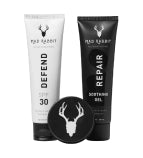
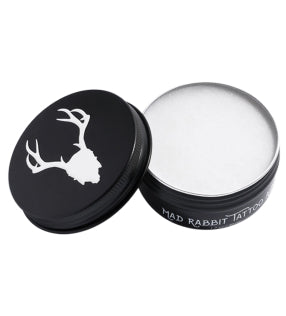
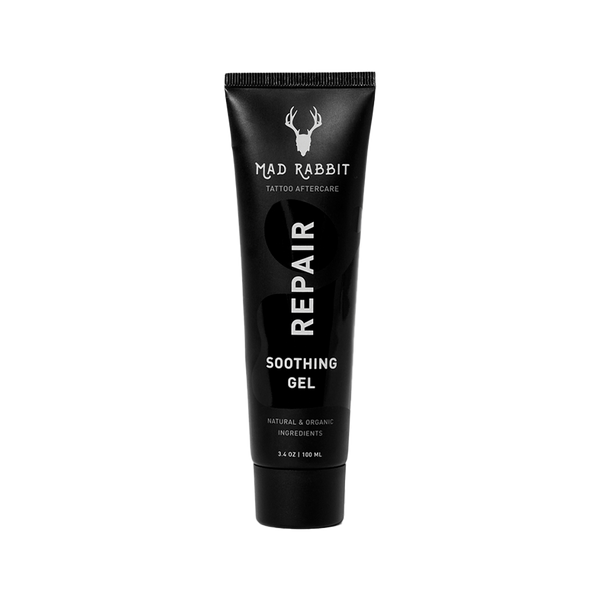
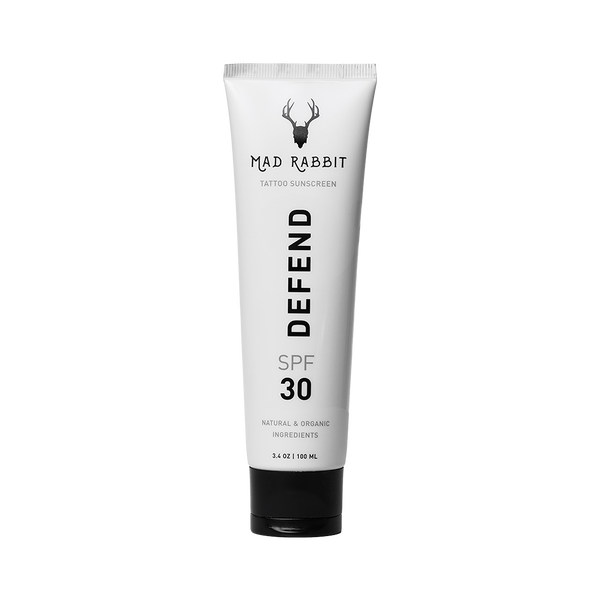
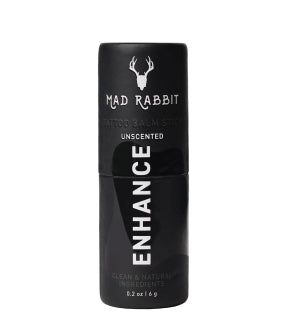
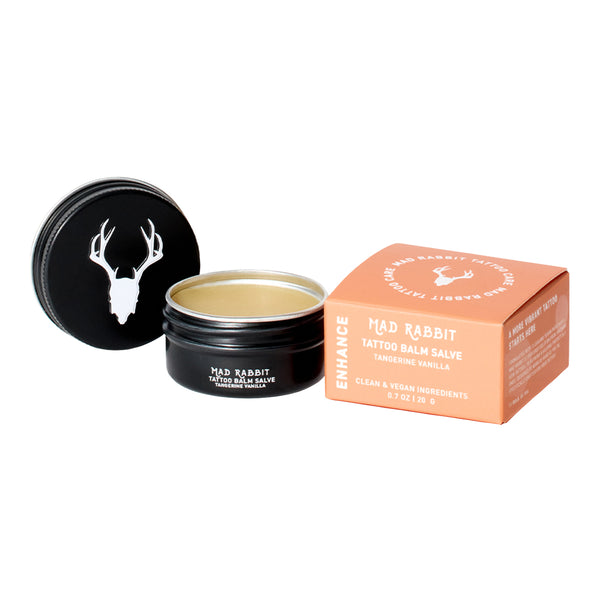


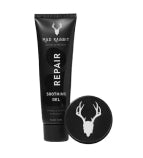
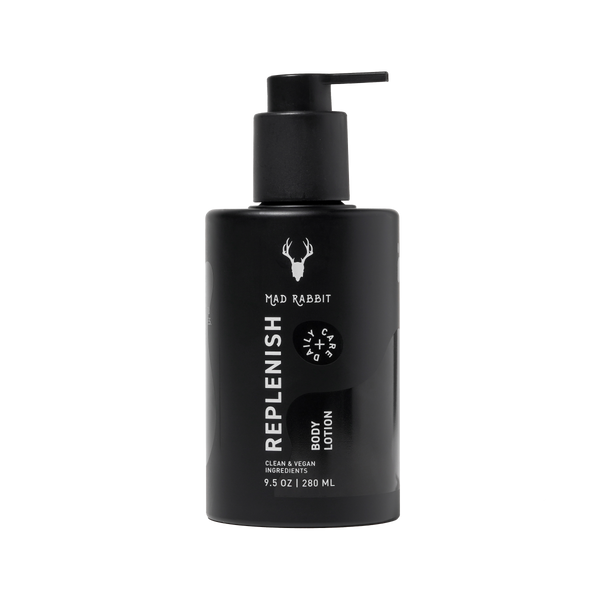


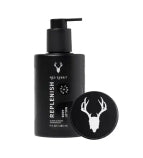
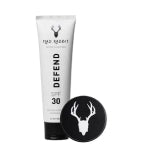
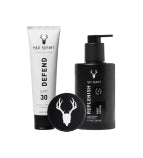

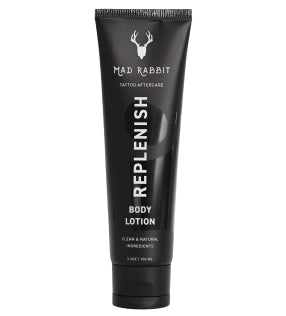
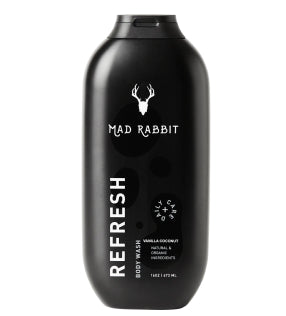

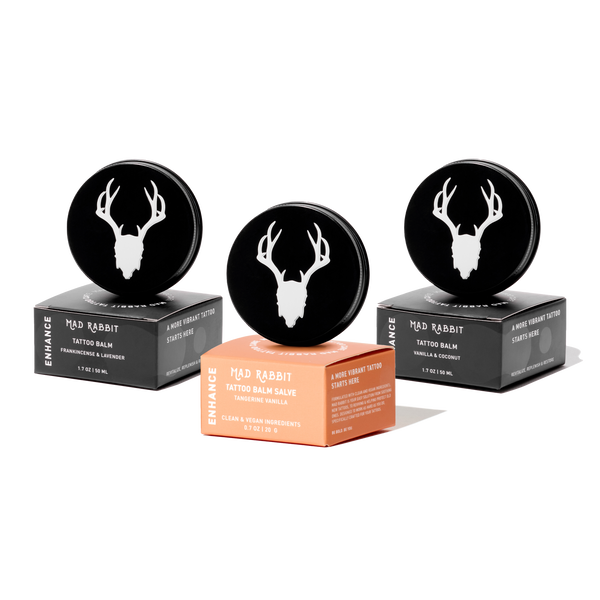




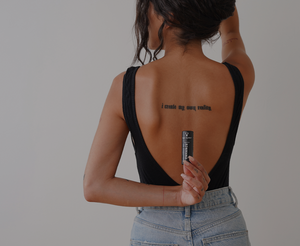
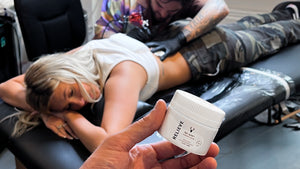
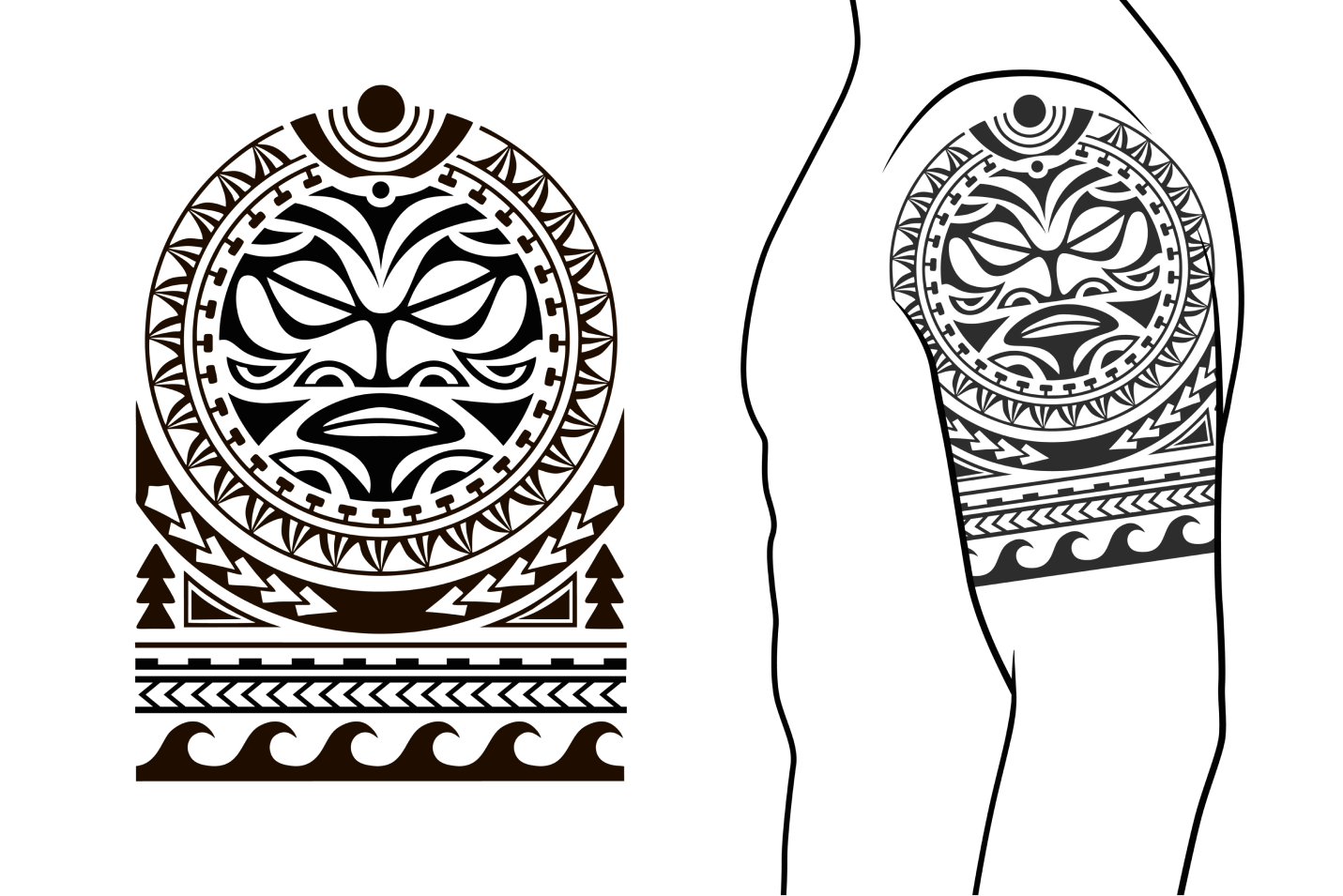
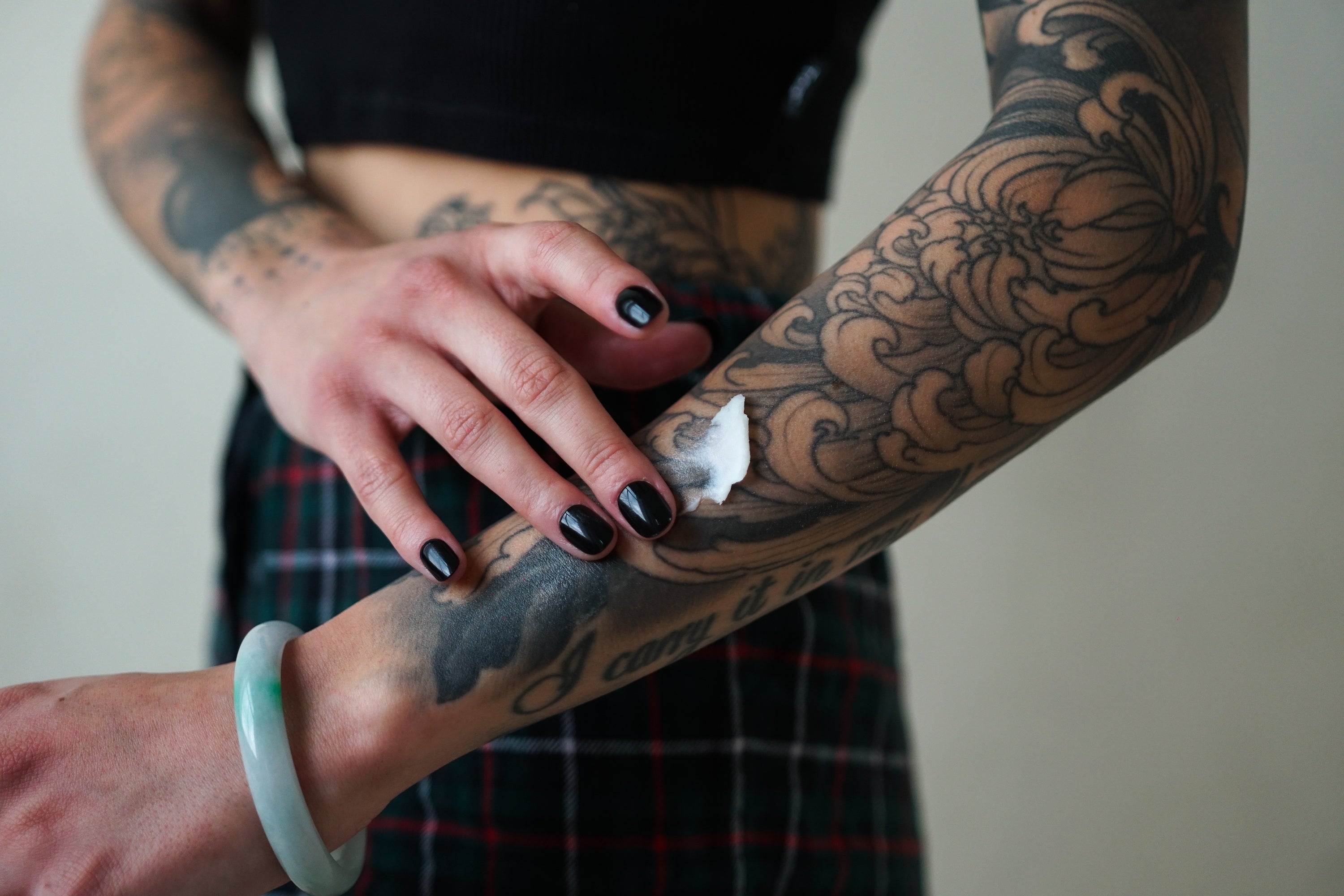
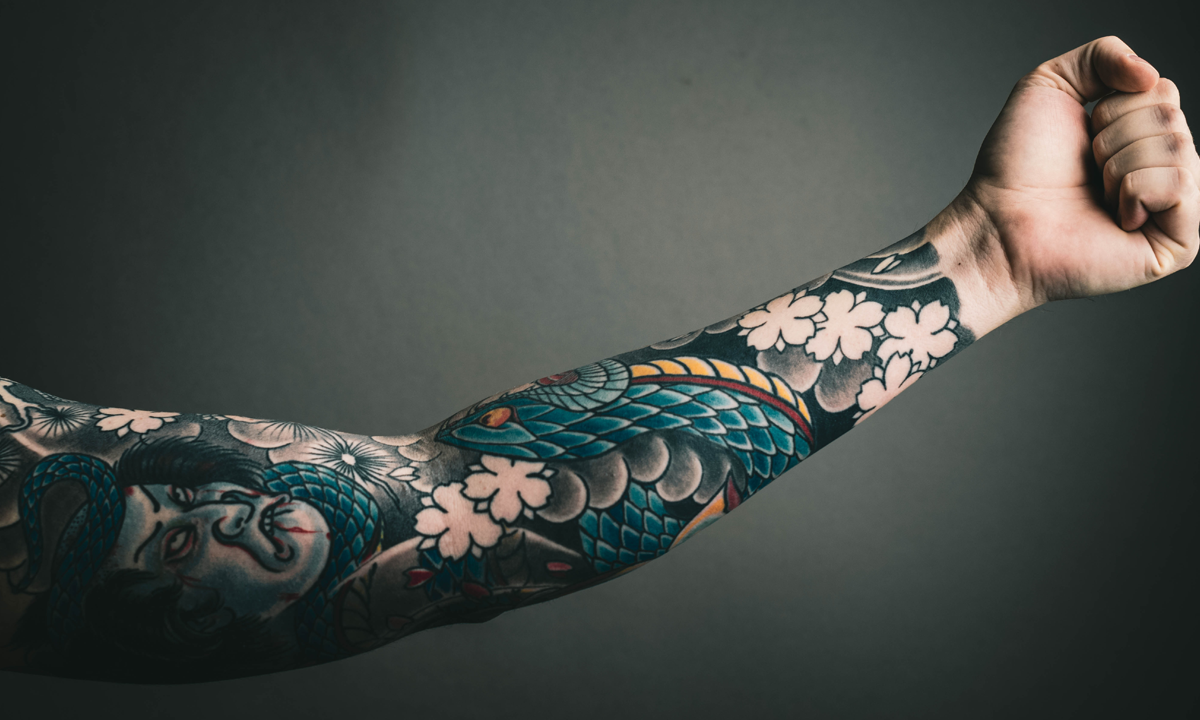
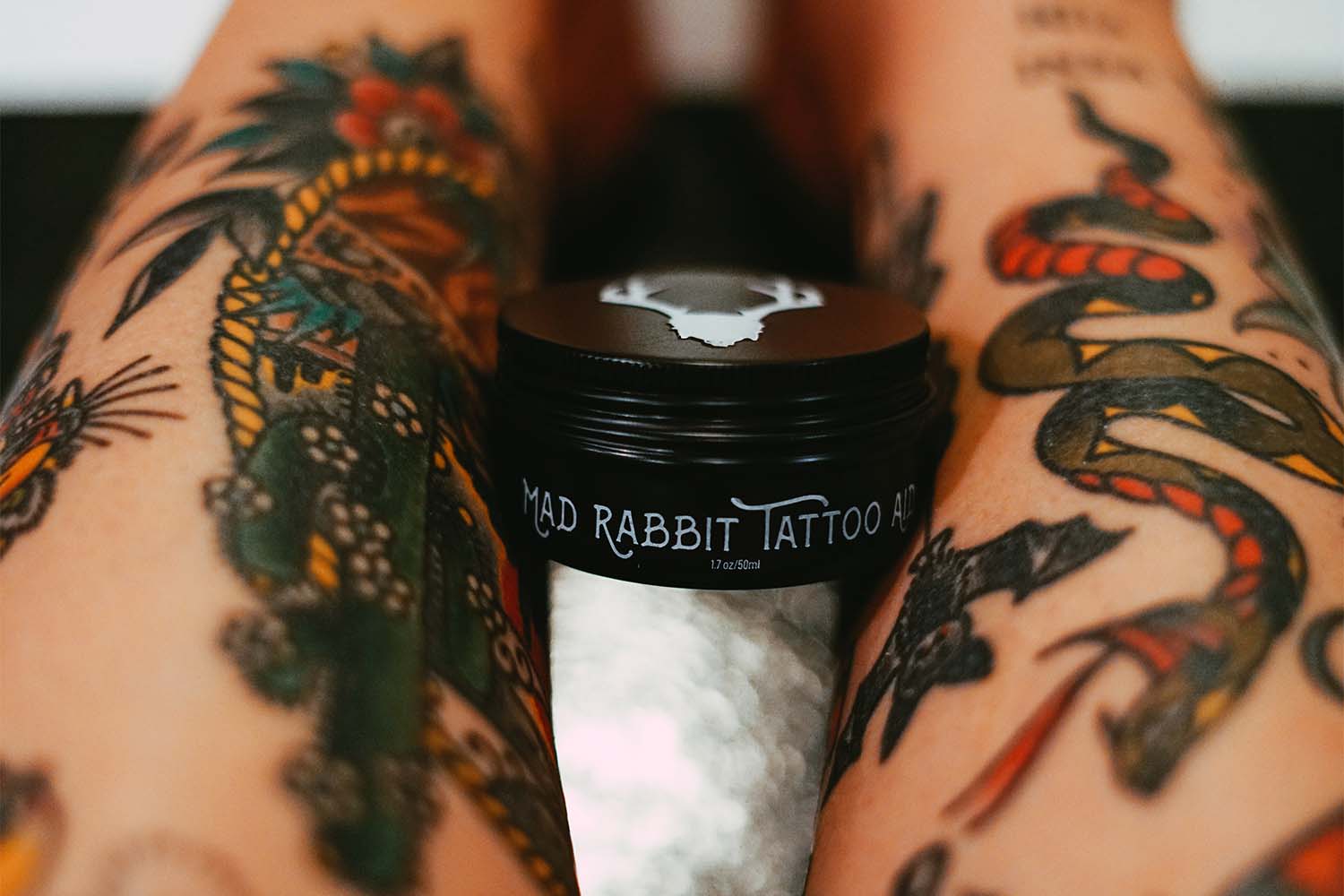
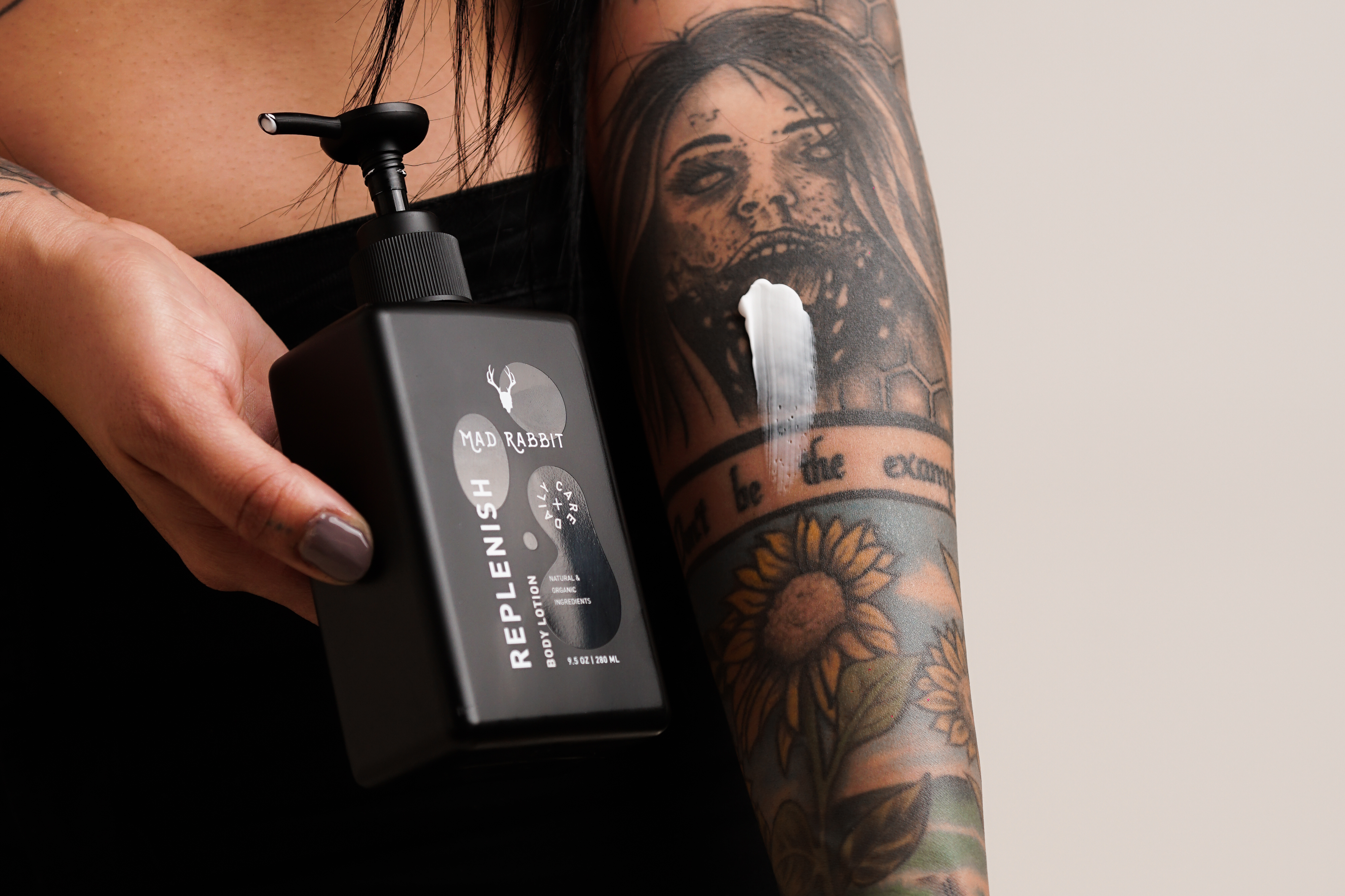
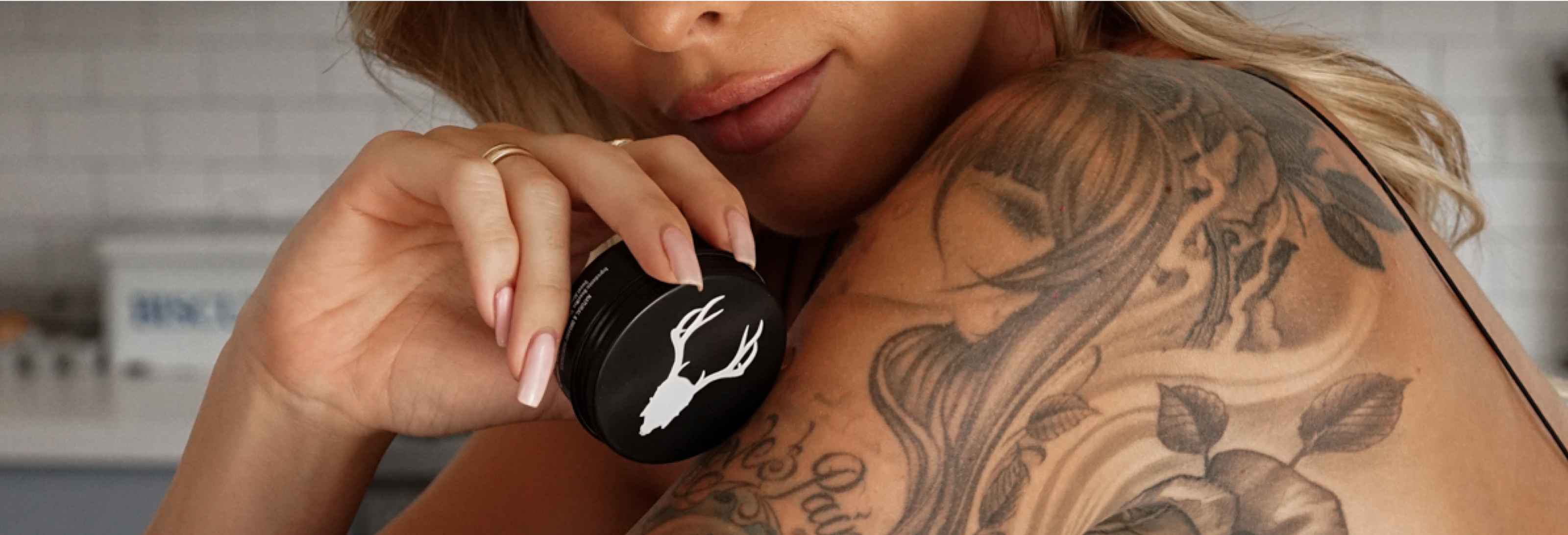
Join the discussion